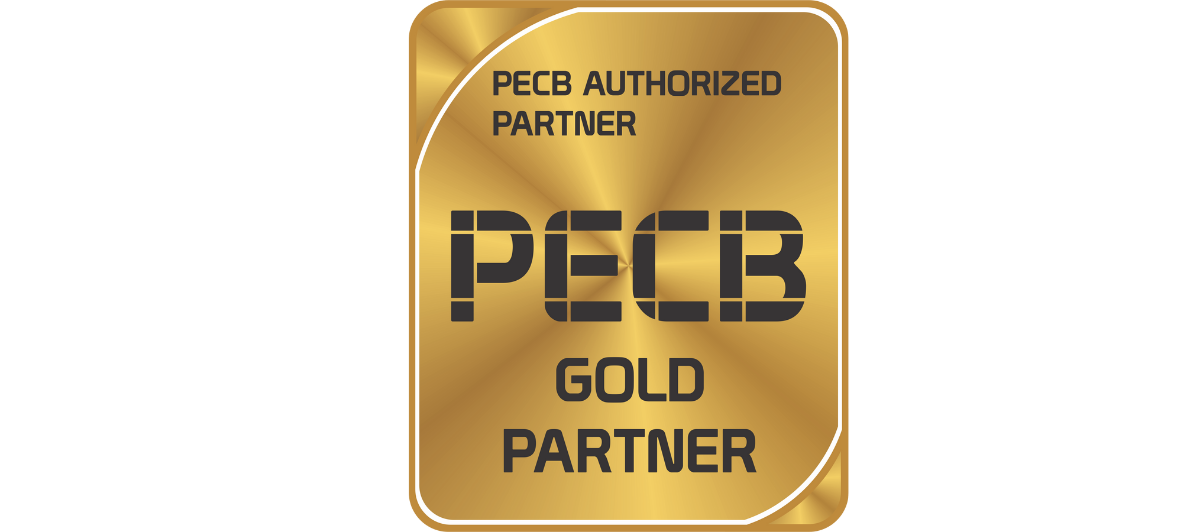ISO 37001 Anti-Bribery
ISO 37001 standard provides requirements for establishing, implementing, maintaining, reviewing and improving an anti-bribery management system.
ISO 37001 Anti-Bribery Trainings
PECB

What is ISO 37001?
ISO 37001 standard provides requirements for establishing, implementing, maintaining, reviewing and improving an anti-bribery management system. This standard is designed for all types of organizations from any sector and for any type of bribery they may face. Apart from this, it can also be implemented as a standalone standard or be integrated with other management systems. This standard is designed to for all types of organizations, any type of sector and any type of bribery risk it faces, and apart from that it can be implemented as a standalone or can also be integrated into an overall management system.
Why is Anti-Bribery Management System important for you?
ISO 37001 serves as a framework in the precaution of organizational integrity and helps to combat bribery associated risks and to encourage a decent business culture. It helps organizations to prevent, identify and respond to bribery and comply with anti-bribery-laws and voluntary commitments applicable to its activities.
Becoming an ISO 37001 certified professional helps you to differentiate yourself with demonstrated anti-bribery expertise and at the same time differentiate your company from competitors. This standard is intended to guide, identify, detect and respond to possible bribery risks. The requirements of this standard enable the organizations to implement an anti-bribery framework and put in place effective anti-bribery policies and processes.
Benefits of ISO 37001 Anti-Bribery Management System
ISO 37001 Certification will enable the organization to:
- Reduce bribery risks by implementing financial controls in early stages
- Perform continuous improvement of anti-bribery practices
- Gain competitive advantage
- Ensure that business associates and customers are devoted to positive anti-bribery processes
- Attract new business
- Prevent, detect and address bribery risks
- Increase international recognition
- Promote trust and confidence
- Reduce cost
- Prevent conflict of interest
- Promote an anti-bribery culture
